Catholic bishops from Burundi and Rwanda have issued a strong appeal for the reopening of the borders between the two East African nations, expressing deep concerns over the continued closure and its impact on citizens. Meeting in Kibungo, Rwanda, for a two-day conference earlier this week, the bishops urged leaders from both countries to resolve their disputes through peaceful and diplomatic means to ensure the free movement of people, goods, and services.
“The bishops regret that the Burundian-Rwandan borders remain closed. Furthermore, they urge political authorities to prioritize peaceful and diplomatic conflict resolution to facilitate the free movement of people, goods, and services,” the bishops said in a joint statement.
The Catholic Church leaders also condemned the rising climate of hate speech and incitement to violence, warning against the political manipulation of populations by various actors involved in the ongoing conflict. “The bishops condemn the climate of distrust between states and the political manipulation of populations by those involved in the conflict,” they added. They also commended ongoing diplomatic negotiations between the two nations as a step toward restoring bilateral relations.
The bishops’ statement follows recent controversial remarks made by Burundian President Evariste Ndayishimiye, who accused the Rwandan government of planning an invasion of Burundi using the rebel group Red Tabara. In an interview with the BBC, President Ndayishimiye claimed that Rwanda was attempting to attack Burundi through the Democratic Republic of Congo (DRC), using the rebel group Red Tabara as a proxy force.
“We know that Rwanda is attempting to attack us via the territory of the Democratic Republic of Congo, using the Red Tabara rebel group. But we tell them that if they plan to attack Bujumbura via Congo, then for us, Kigali is not far if we go through Kirundo,” Ndayishimiye said, suggesting possible retaliation by Burundi. Despite these claims, he did not provide concrete evidence to support his allegations.
Rwanda’s Minister of Foreign Affairs, Olivier Nduhungirehe, dismissed the allegations as “unfortunate” and emphasized that military and intelligence officials from both countries were engaged in discussions aimed at de-escalation. “This statement by the President of Burundi is unfortunate, especially since the military and intelligence authorities of the two countries are currently in discussion and have even agreed on the need for a military and verbal de-escalation,” Nduhungirehe said in a statement on social media.
The latest diplomatic fallout comes after Burundi closed its border with Rwanda earlier in 2024, accusing Kigali of supporting Red Tabara and facilitating attacks on Burundian territory. These developments have further strained relations, undermining previous efforts at reconciliation.
Beyond the Burundi-Rwanda tensions, the bishops also voiced deep concerns over the escalating insecurity in eastern DRC, which they say has worsened humanitarian conditions in the region.
“The bishops are deeply saddened by the insecurity prevailing in the eastern Democratic Republic of Congo, which is causing loss of human lives, material destruction, and an influx of displaced persons and refugees in our sub-region,” their statement read.
In expressing solidarity with those affected by the ongoing conflict, the bishops pledged their support and prayers for peace. “The bishops express their compassion and solidarity with the affected families and assure them of their closeness in prayer, hoping that peace will be restored as soon as possible,” they added.
This latest call from the Burundi-Rwanda bishops follows a similar appeal made in February by Catholic bishops from the Great Lakes region. Meeting in Tanzania, the religious leaders from Burundi, Rwanda and DRC warned that the region was on the brink of devastation due to persistent conflicts. They likened the ongoing wars in Burundi, Rwanda, and DRC to a volcanic eruption, leaving destruction in its wake.
“Our region is on the brink of total destruction, like a volcano erupting with the fire of wars that spread, leaving a trail of devastation,” they stated. “These cruel wars have severe consequences for our families and countries, with the number of casualties rising beyond measure, along with the growing number of orphans, widows, and the displaced, both within their own countries and abroad.”
Tensions between Burundi and Rwanda date back to 2015, following Burundi’s political crisis triggered by then-President Pierre Nkurunziza’s controversial bid for a third term. Gitega accused Kigali of supporting Burundian rebel groups, while Rwanda denied involvement. Over the years, diplomatic relations deteriorated, leading to border closures and ongoing mutual distrust.
Reconciliation efforts, including high-level meetings between officials, have seen limited success. The current crisis, exacerbated by the ongoing conflict in eastern DRC, has significantly impacted trade and regional stability. While sporadic diplomatic efforts continue, deep-seated mistrust remains between the two neighbors, raising questions about the future of their relations.

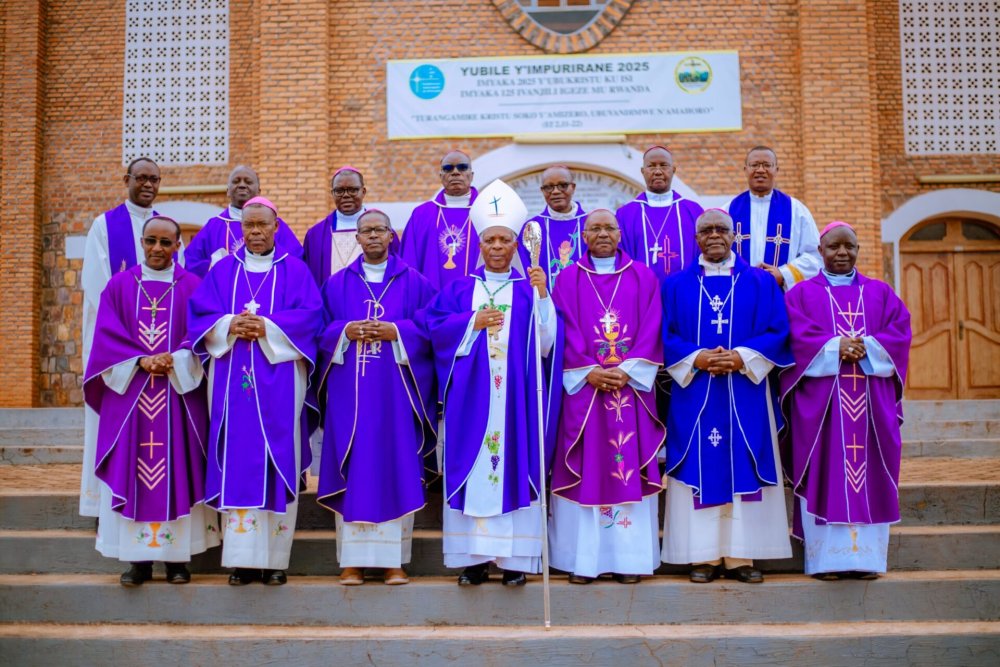


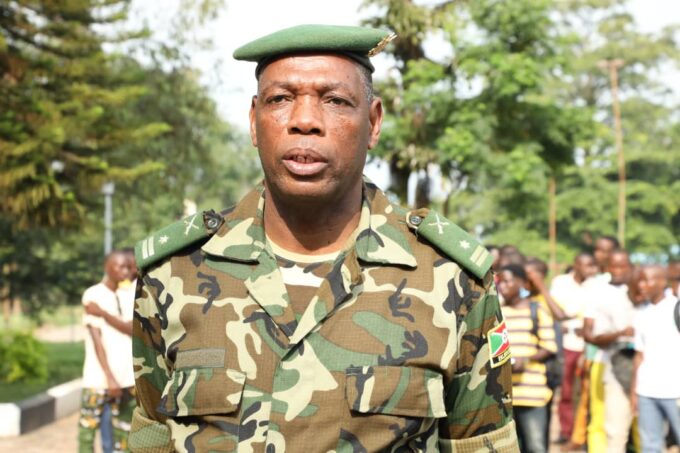
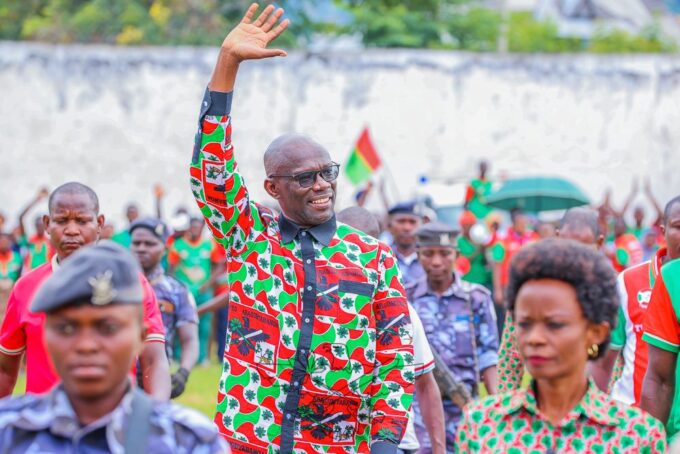
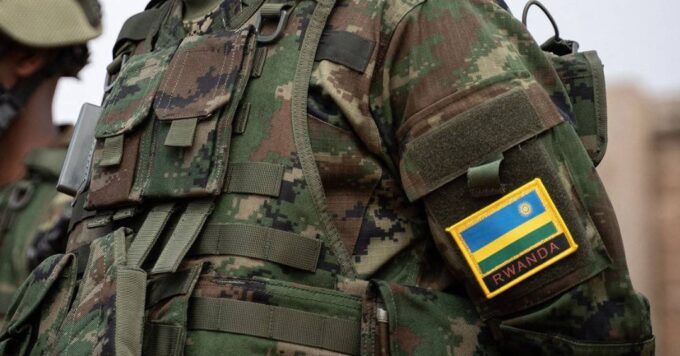
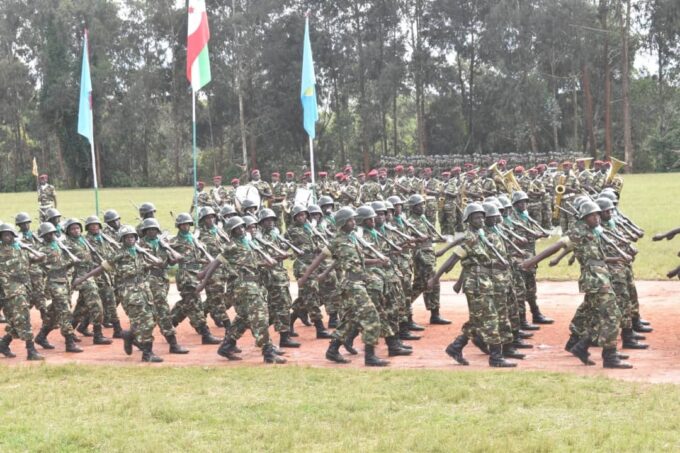
Leave a comment